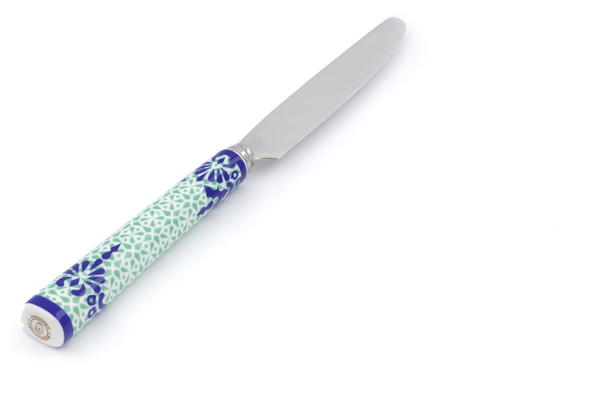
The station is dim, dirty, and littered with discarded lunch bags into which stray dogs poke their noses in the evening, the rats emerge. The arches of the railway station frame your first view of Kittur as you arrive as a passenger on the Madras Mail (arrival early morning) or the West Coast Express (arrival afternoon). Given the town's richness of history and scenic beauty, and diversity of religion, race, and language, a minimum stay of a week is recommended. The following three months are dry and cool, and are the best time to visit Kittur.

The monsoons arrive in June, and besiege the town through September. The terrain of the town is hilly the soil is black and mildly acidic. It is bounded by the Arabian Sea to the west, and by the Kaliamma River to the south and east. Kittur is on India's southwestern coast, between Goa and Calicut, and almost equidistant from the two. One of his uncles "wanted to be a Communist and a writer," Adiga says, "and he had always felt that these two impulses clashed, because being a Communist - being an idealist - asks you to see the best in human beings, and being a writer often asks you to see the worst in them." In some ways, the division Adiga sees between fiction writing and journalism parallels the predicament he says one of his relatives faced. "If you make the message clear, as it were, you fail in this, because then people think they know what your book is about, and they don't have to talk about it once it's done." "What you want to do as a novelist is raise questions rather than give answers, because what you really want as a writer of fiction is to be taken seriously and to be read and to be debated," Adiga says. Journalism is designed to be clear, comprehensive and communicative, Adiga says, whereas novelistic writing has to be more opaque. "Journalism is a way of gathering material for the fiction I would like to write, but, fundamentally, the skills are antithetical," says Adiga. One story features a girl, Soumya, who begs on the street for money to fund her beloved father's drug addiction, a narrative that grew from Adiga's reporting on widespread drug abuse among India's poor.Īdiga's journalistic work has appeared in The Financial Times, The Guardian and Time Magazine, but he sees reporting and fiction-writing as distinctly separate endeavors. The book, which includes characters from an array of castes, religions and classes, chronicles the lives of Kittur's richest inhabitants as well as its poorest. Set in the years 1984-1991 and book-ended by the assassinations of Indira Gandhi and her son Rajiv, the stories present what Adiga calls "the cross-section of life in an Indian town."

Between the Assassinations is a collection of short stories that take place in the fictional south Indian town of Kittur. Let me tell you, it doesn't get any easier to write, just because you've won the Booker," he tells Scott Simon.Įven so, Adiga managed to produce a follow-up to his lauded first novel. "I'm still stuck in my flat in Mumbai, trying to write. Author Aravind Adiga says that earning the 2008 Booker Prize - one of the literary world's biggest awards - for his first novel, The White Tiger, was a great honor, but it didn't dramatically alter his life as a writer.


 0 kommentar(er)
0 kommentar(er)
